Brain & Mental Health
Since the 1950’s, UBC has been the site of groundbreaking discoveries in understanding, diagnosing and treating a number of brain disorders and diseases. It is also home to Canada’s largest integrated research and treatment facility – the Djavad Mowafaghian Centre for Brain Health.
Today, more than 500 researchers continue to be at the forefront of brain research, pioneering their work around mental health and addictions, dementia, and movement disorders.
Spotlight
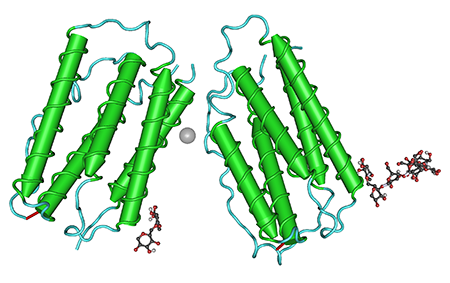
The marker illustrates the potential power of precision medicine.
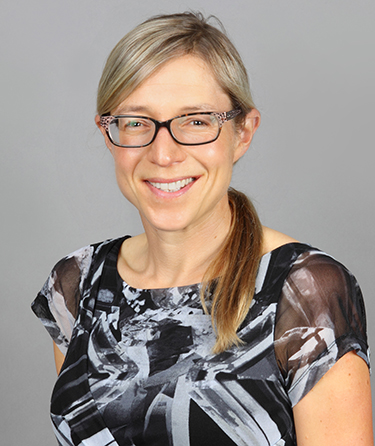
Five years before classic MS symptoms appear, people are up to four times more likely to be treated for nervous system disorders.

The studies, published this spring in Molecular Psychiatry, hint at more precise strategies for preventing the build-up of the toxic protein, amyloid beta.
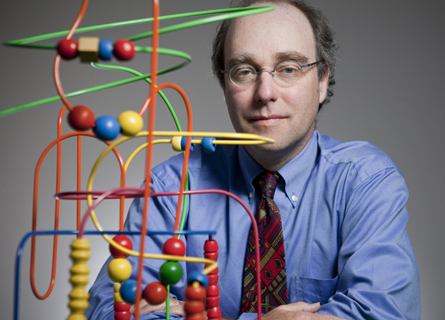
More research is needed to see if the benefit is also accompanied by risks, such as higher anxiety.
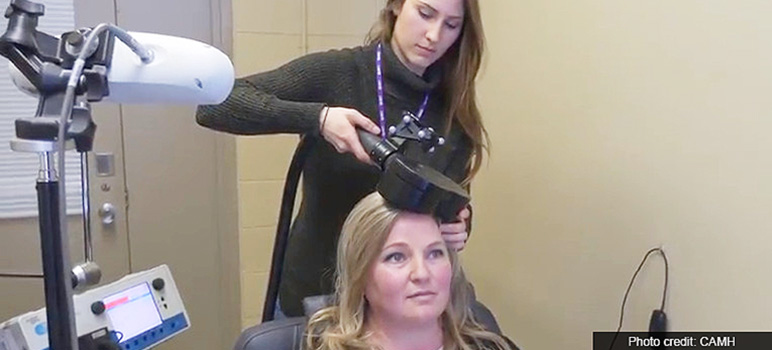
A 3-minute session of theta bursts was just as effective as a 37-minute session of standard high-frequency brain stimulation.

Professor Helen Tremlett, in the Division of Neurology, examined sun exposure over the lifespan.

The donation from Edwin S.H. Leong is the largest gift that the Faculty of Medicine has ever received from an individual.

The study of people living in marginal housing also showed how quickly fentanyl infiltrated the community in 2017.
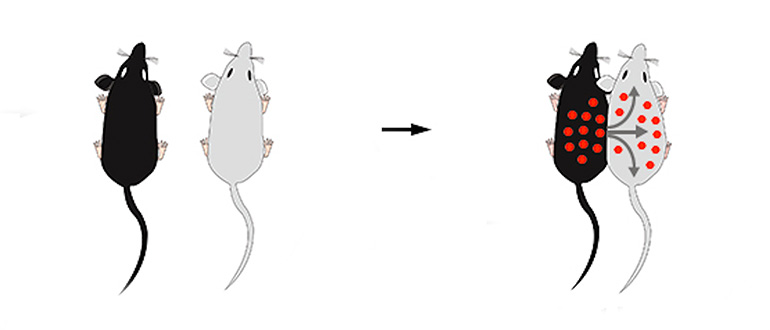
Weihong Song used surgically-joined mice to show that the protein considered to be Alzheimer's main culprit can travel from elsewhere in the body to the brain.
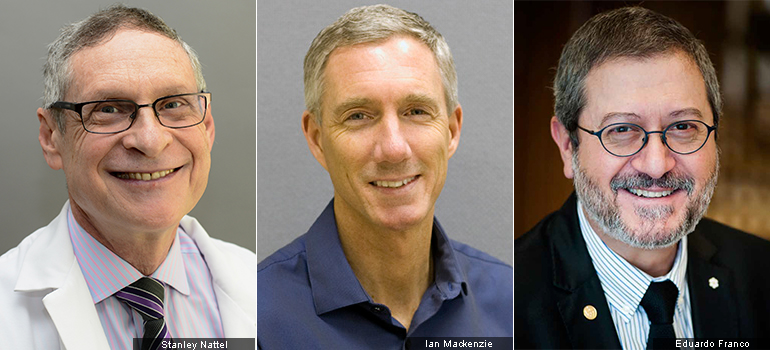
Stanley Nattel, Ian Mackenzie and Eduardo Franco are being honoured for their accomplishments in heart health, brain health and cancer.









